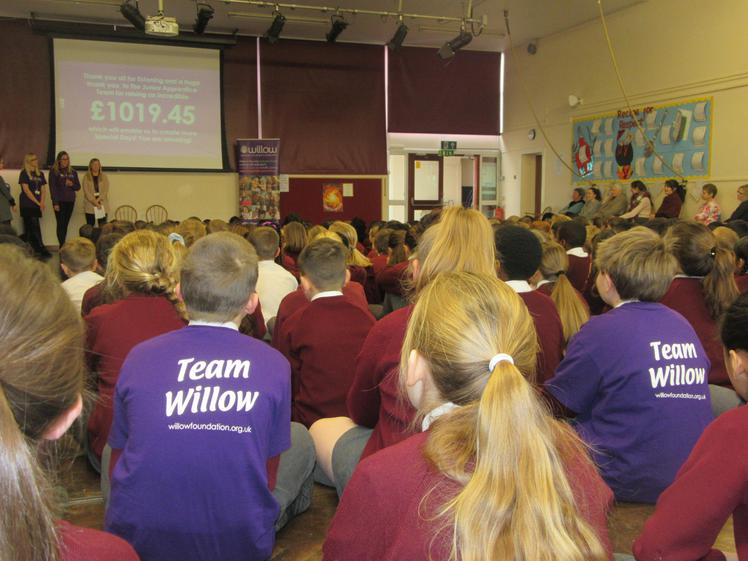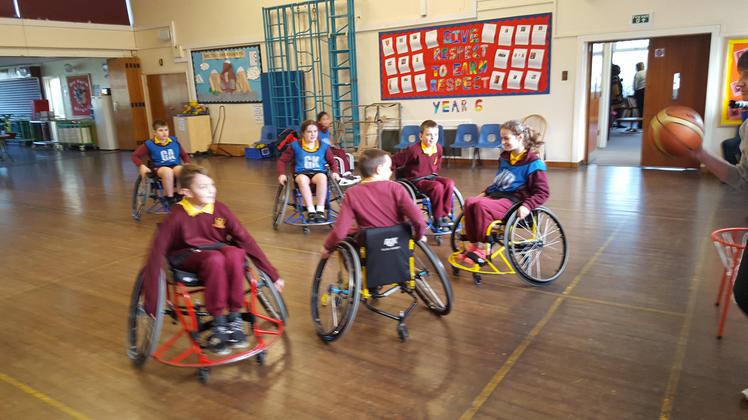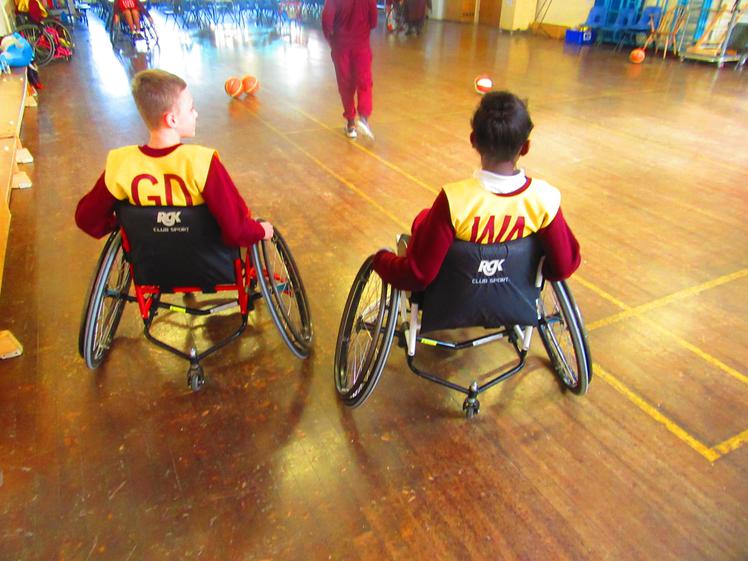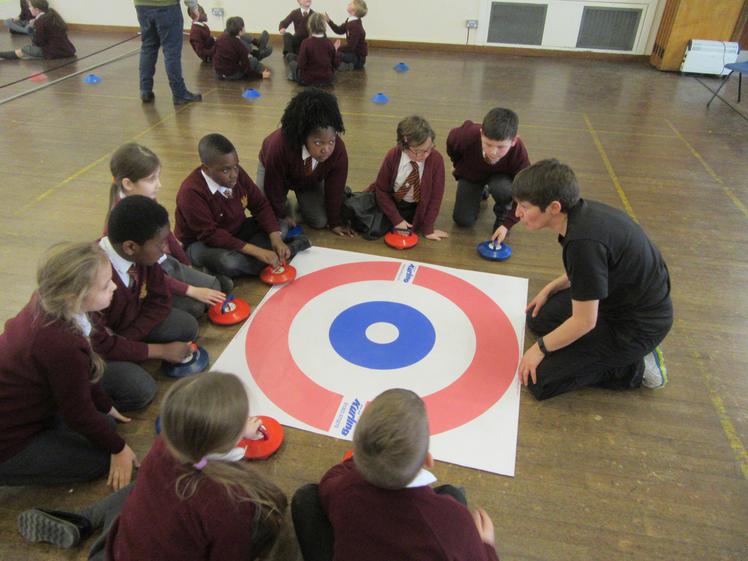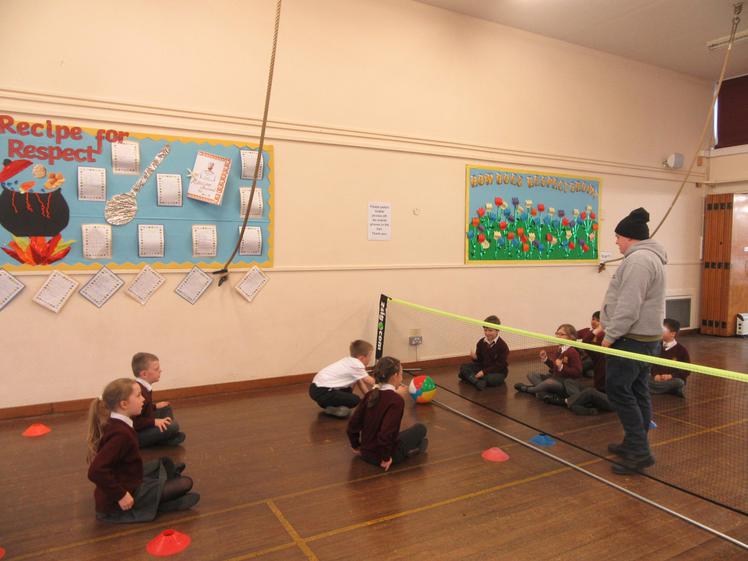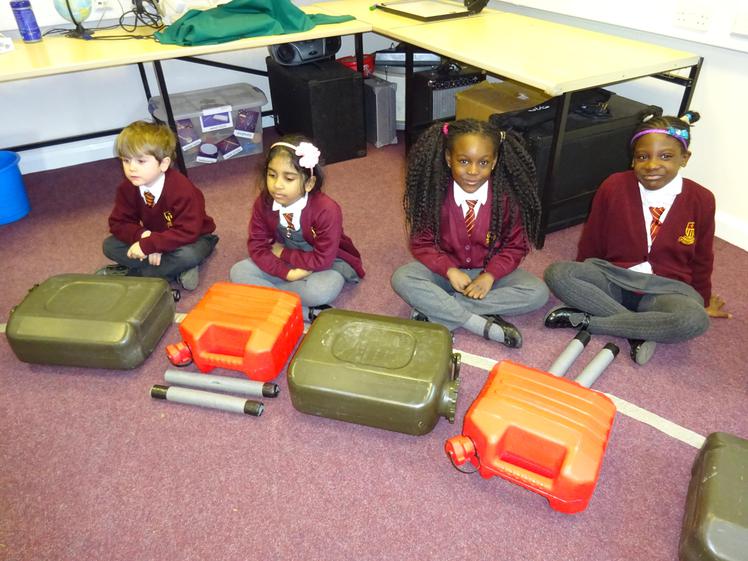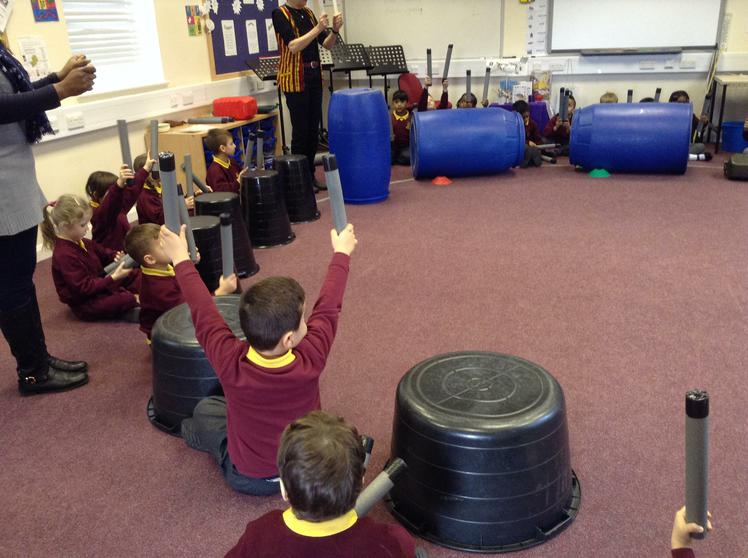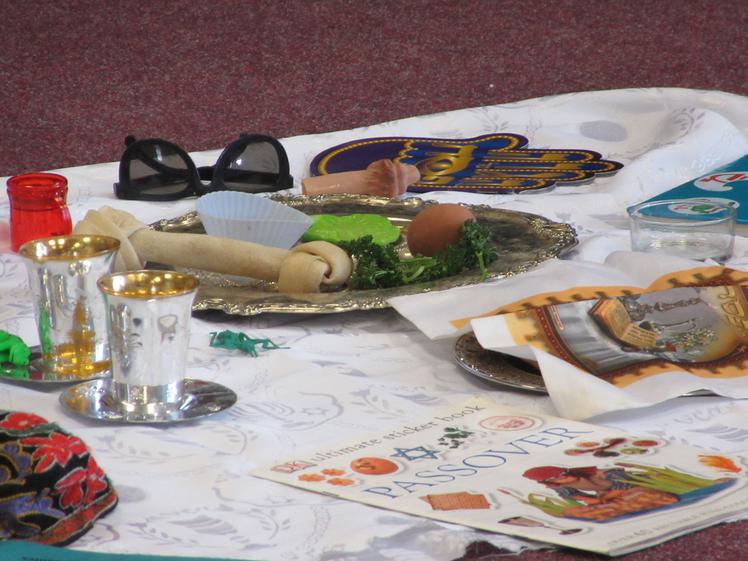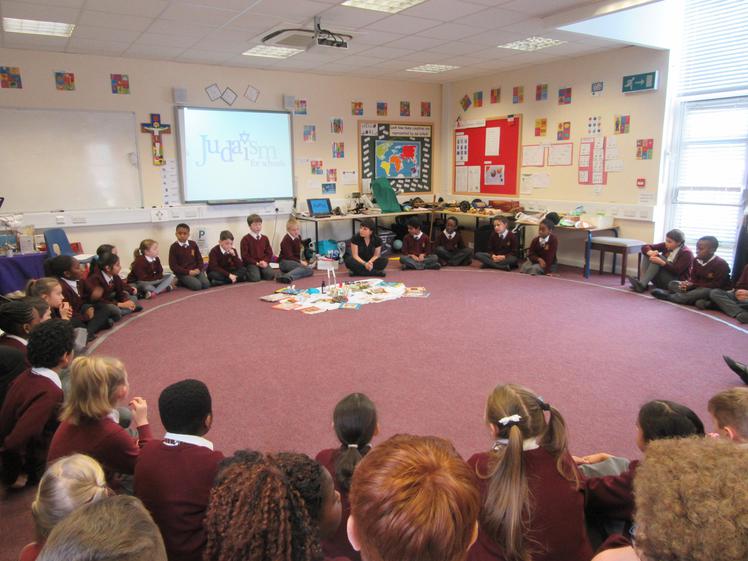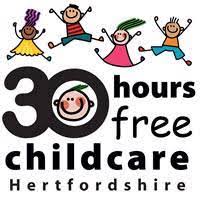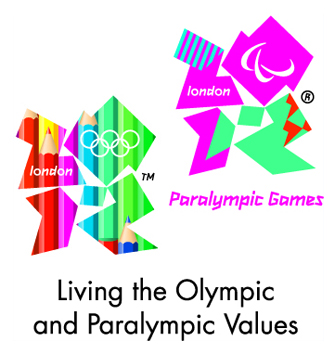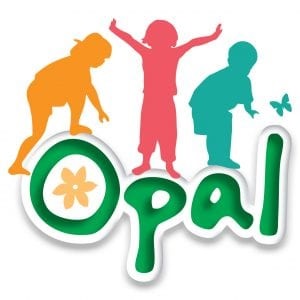Catholic and British Values
British Values and Our Catholic Ethos.docx
Our School Values
Our School Values are based on Catholic Social Teaching. All children are taught in an age appropriate way about the 7 tenets of Catholic Social Teaching. Every classroom has the symbols around the RE board to remind us of these values.
British Values are taught through our CST
Dignity of the Human Person
We believe every human person is made in the image and likeness of God. This is a gift that we all share as fellow human beings; we are all infinitely loved by our Creator.
God is present in every human person, regardless of religion, culture, nationality, orientation or economic standing. Each one of us is unique and beautiful. We are called to treat every person and every creature with loving respect.
“Before I formed you in the womb, I knew you.”
Jeremiah 1:5
Solidarity and the Common Good
Solidarity arises when we remember that we belong to each other. We reflect on this in a special way at Mass. The Catechism of the Catholic Church states, “The Eucharist commits us to the poor. To receive in truth the Body and Blood of Christ given up for us, we must recognise Christ in the poorest.” Solidarity spurs us to stand side by side with our sisters and brothers, especially those living in poverty.
“In truth I tell you, in so far as you did this to one of the least of these brothers [or sisters] of mine, you did it to me.” Matthew 25:40
The common good
The common good means that the fruits of the earth belong to everyone. No one should be excluded from the gifts of creation. Pope Paul VI spoke about this 50 years ago in his encyclical Populorum Progressio.
“You are not making a gift of your possessions to the poor person. You are handing over to them what is theirs.” Saint Ambrose (340-397 AD)
Option for the poor and Vulnerable
The option for the poor reminds us of God’s preferential love for the poorest and most vulnerable people. God’s love is universal; he does not side with oppressors, but loves the humble.
“The spirit of the Lord is on me, for he has anointed me to bring the good news to the afflicted. He has sent me… to let the oppressed go free.”
Luke 4:18
Peace
Peace is a cornerstone of our faith. Christ, the Prince of Peace, sacrificed himself with love on the cross.
“Peace… is an order that is founded in truth, nurtured and animated by charity, and brought into effect under the auspices of freedom.”
Pacem in Terris, 1963, #167
The dignity of work
Church teaching has upheld the dignity of work and participation. The human person should always come before the pursuit of profit. Workers have the right to join trade unions, to a just wage, to spend time with their families and to rest. Work is an essential part of our human dignity and everyone has the right to participate.
“A small number of very rich men have been able to lay upon the teeming masses of the laboring poor a yoke little better than that of slavery itself.”
Rerum Novarum, 1891, #3
Stewardship of Creation and environment
In the first pages of the Bible we read how God created the sun and the stars, the water and earth, and every creature. We believe Christ is the redeemer of all creation. In 2015, Pope Francis brought together decades of Church teaching in the encyclical, Laudato Si’. In this deeply influential letter, Pope Francis invites everyone on the planet to consider how our actions are affecting the earth and the poorest people. Everything is interconnected, and all of creation praises God. It is our Christian vocation to care for creation.
“Who turned the wonderworld of the seas into underwater cemeteries bereft of colour and life?” Catholic Bishops of the Philippines, 1988
British Values
At our school, we value the diverse backgrounds of all pupils, staff and families and undertake a variety of events and lessons to celebrate these throughout the year. We teach our children to be tolerant and respectful towards others, embracing the differences in our community and the wider world. Within this, we recognise the importance of promoting fundamental ‘British Values’ as part of our school’s programme of spiritual, moral, cultural and social development.
These include the values of:
- Democracy
- The Rule of Law
- Individual Liberty
- Mutual Respect
- Tolerance of those with different faiths and beliefs.
Promoting these British Values is now a central part of teaching and learning. By doing this, we aim to help children become well-rounded members of the society. These British Values are promoted throughout the curriculum, across the whole school. They are also seen in the school ethos and policies, assemblies, special events and cultural celebrations.
Respect Week
|
The Willow Foundation
Our School Council raised £1019.45 through their Dragon's Apprentice Challenge. The Willow Foundation came to speak to us about the amazing work they do. They told us about the special days that they provide for young adults who are very ill. Our School Council presented them with the £1019.45 donation in this assembly. |
|
NSPCC The NSPCC came to speak to us. They told us about what is right and what is wrong. We learnt about what we should do if we know something isn't right. We learnt about how to respect ourselves and others. |
|
Paralympic Roadshow
Each class had the opportunity to try out some Paralympic Sports with the Herts Disability Sports Foundation. The sports were Wheelchair Basketball, Curling, Boccia, Sitting Volleyball and Handball. |
|
Junk Drumming Reception, Year 1 and Year 2 had a Junk Drumming Workshop with Fab Drumming. They used Recycled materials as instruments. We were learning about respecting our environment.
|
|
Judaism Workshops Every year group had a workshop with Ruth from Judaism for Schools. We were learning about respecting other religions. The workshops were very interesting. Each year group had a different theme. Such as The Torah, Passover, Holocaust (Year 6), Journey around a Jewish home, Hanukkah and Shabbat.
|
British Values at St Philip Howard Catholic Primary School
The following document outlines how we teach the British Values within our school:
|
British Value |
Activities / Lessons within our school |
|
Tolerance of different cultures and religions |
|
|
Democracy |
Children contribute to the Behaviour Policy i.e. they review behaviour systems that we have in place and ensure that they work well.
|
|
Rule of Law |
|
|
Individual Liberty |
|









